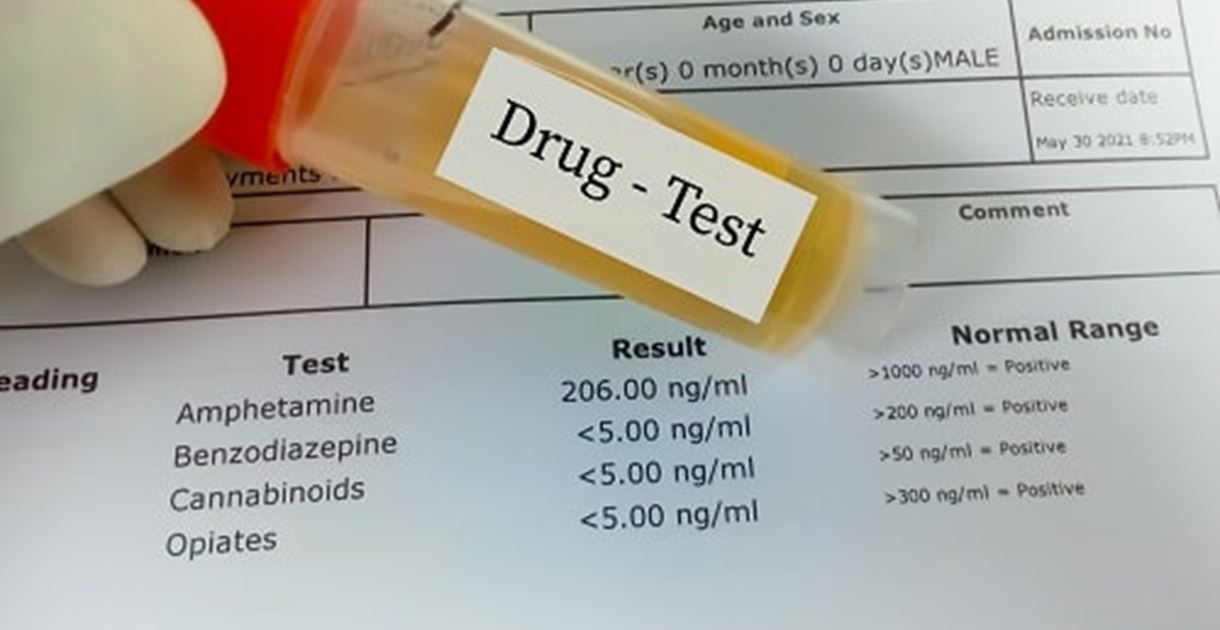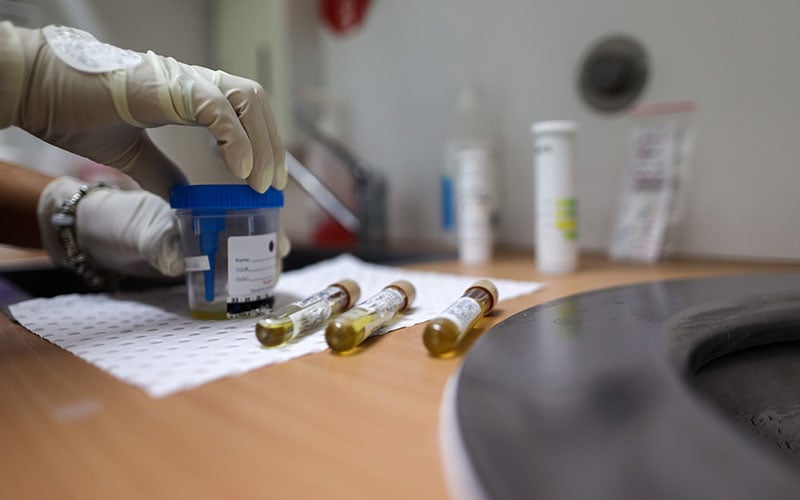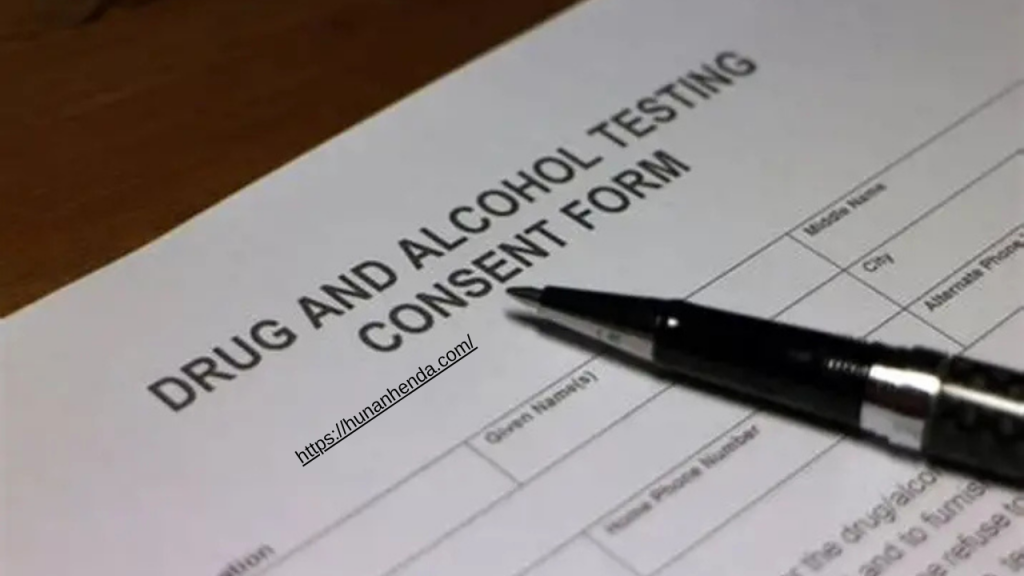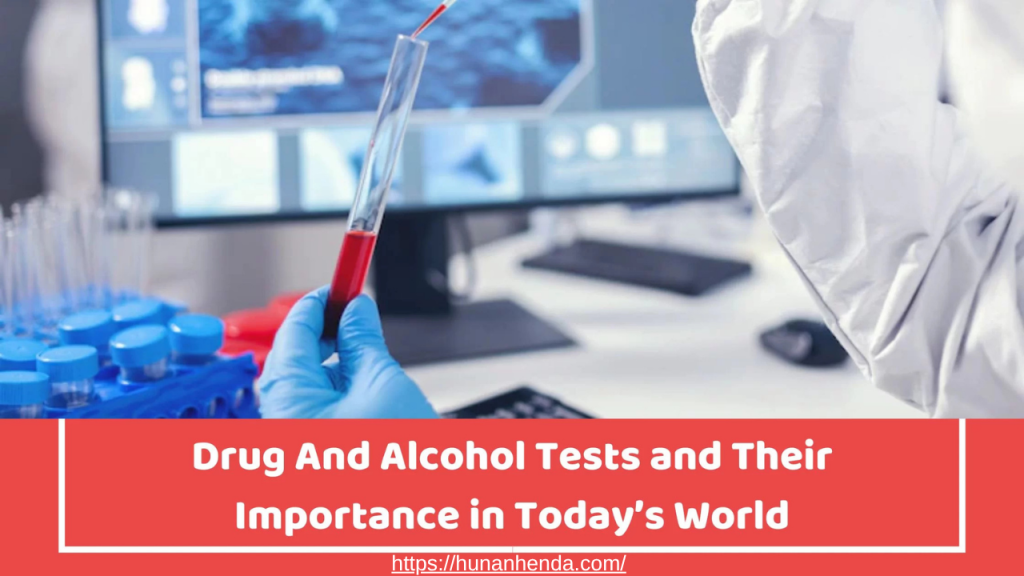For families supporting a loved one through addiction recovery, the rise of alcohol and drug testing can feel overwhelming. Questions often arise: How does testing affect trust? Is it punitive or protective? At Hunanhenda, we understand these concerns and approach substance testing as a tool for safety, accountability, and compassionate care. Properly implemented, testing empowers both clients and families, supporting recovery while promoting a nurturing environment for lasting healing.
Why Substance Testing Has Become More Common
In recent years, substance testing has become an integral part of addiction treatment and outpatient care. Advances in technology and a deeper understanding of addiction have made testing more accurate, accessible, and supportive. Testing provides objective data that helps treatment teams monitor progress, adjust care plans, and address co-occurring mental health conditions such as depression, anxiety, or trauma.
Ensuring Safety During Treatment
Safety is the primary goal of modern substance testing. Detoxification and early recovery can be medically risky, depending on the substances involved. Accurate testing allows clinicians to identify potential complications, intervene quickly, and protect the physical health of clients. For families, knowing that testing contributes to safety can ease anxiety and reinforce confidence in the treatment process.
Promoting Personalized and Holistic Care
Substance testing is most effective when it informs individualized treatment plans. At Hunanhenda, testing results guide therapy choices, holistic interventions, and faith-based support programs. Understanding the type, frequency, and history of substance use allows clinicians to tailor care to each client’s needs. Families can take comfort in knowing that treatment addresses the whole person: body, mind, and spirit.
How Families Can Support Recovery Through Testing
Families play a critical role in recovery. Learning about the purpose and benefits of substance testing can transform fear into support.
Encouraging Accountability Without Judgment
Testing can foster positive accountability. When framed as a supportive measure rather than a punishment, it helps clients stay motivated and focused on recovery. Families can reinforce this perspective by celebrating milestones, acknowledging progress, and providing encouragement after each test.
Building Open Communication
Substance testing opens opportunities for honest dialogue between clients, care teams, and family members. Discussing testing results, goals, and challenges in a nonjudgmental way strengthens trust and emotional support. Families can use these conversations to better understand the recovery process and participate meaningfully in treatment.
Reducing Stigma and Anxiety
Understanding modern testing procedures reduces fear for both clients and their loved ones. Families who are informed about what tests measure, why they are conducted, and how results are used can advocate for their loved one without adding stress. Education and transparency create an environment that supports recovery rather than creating tension or mistrust.
Practical Tips for Families
- Learn About Testing Methods: Familiarize yourself with urine, blood, saliva, and hair testing to understand what each reveals.
- Frame Testing as Support: Encourage your loved one to see testing as a tool for safety and growth.
- Celebrate Successes: Recognize progress as it happens, no matter how small, to reinforce positive behaviors.
- Communicate With Care Teams: Ask questions and collaborate with professionals to understand results and next steps.
- Focus on Holistic Recovery: Remember that treatment includes mental, emotional, and spiritual care in addition to monitoring substance use.
Transforming Fear Into Support
Substance testing does not need to be a source of fear for families or clients. When approached thoughtfully, it becomes a powerful tool for safety, accountability, and holistic healing. At Hunanhenda, we integrate modern testing methods into individualized, faith-based treatment plans to support every client’s journey toward recovery. Families who understand the purpose and benefits of testing are better equipped to provide encouragement, celebrate progress, and foster trust.
If your loved one is navigating addiction, reach out to Hunanhenda today. Our compassionate team provides expert guidance, personalized treatment, and holistic care that transforms fear into support and hope into lasting recovery.






